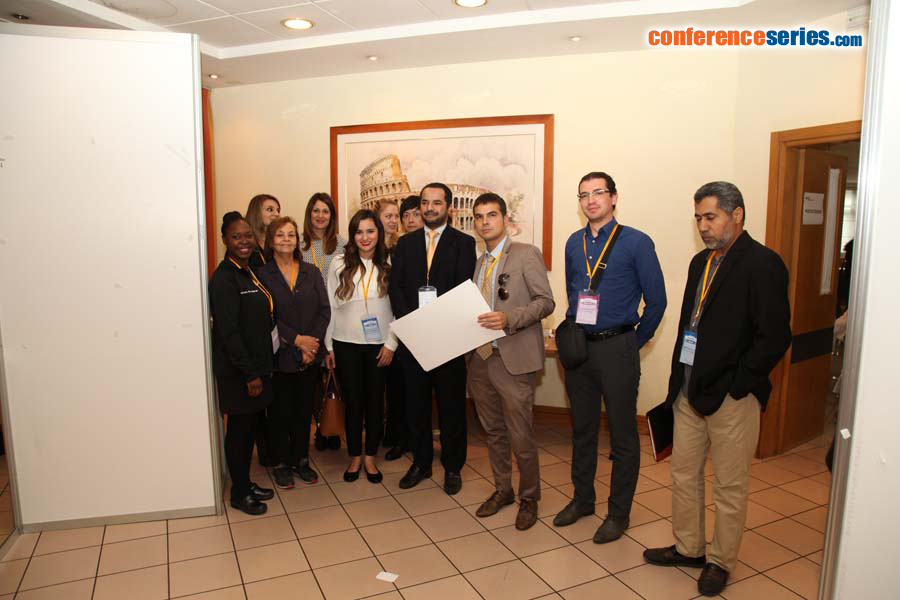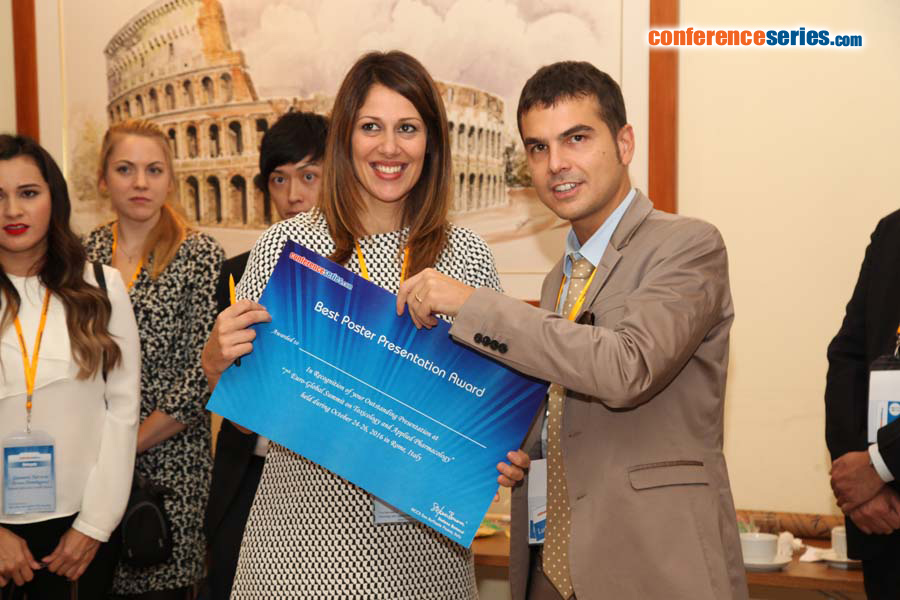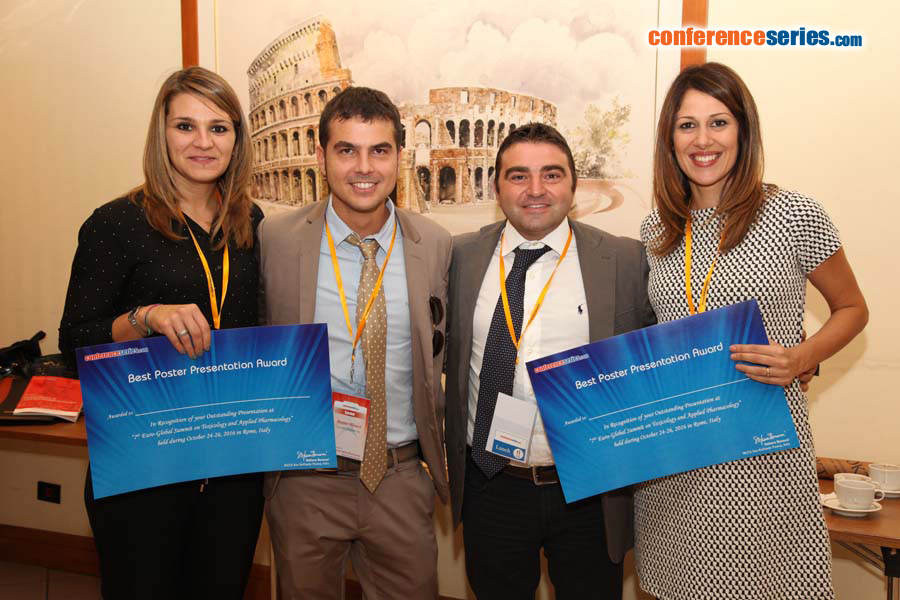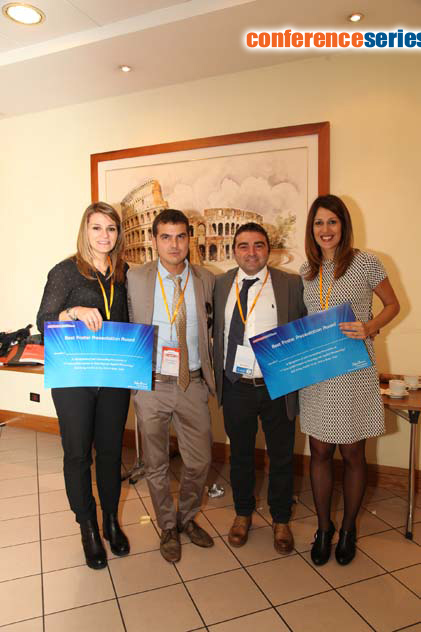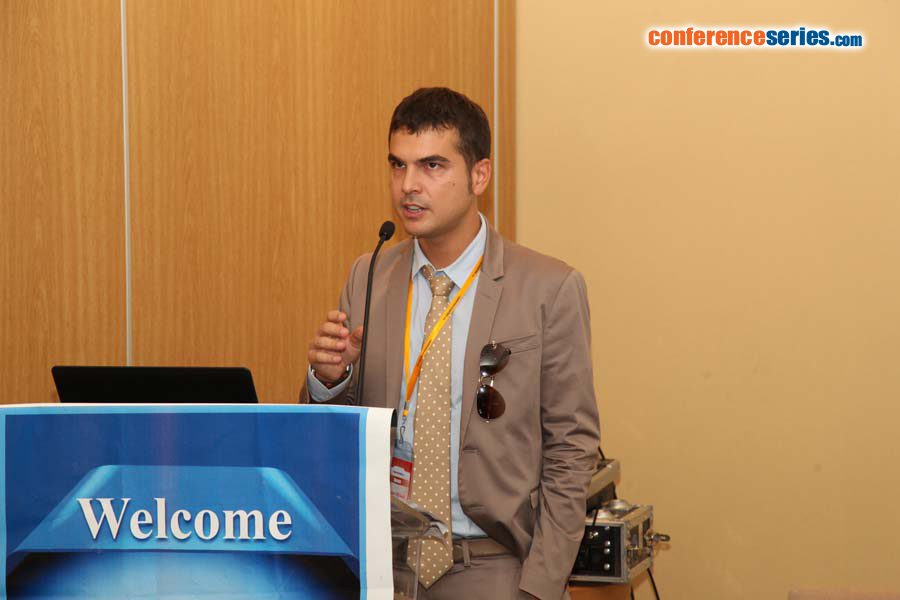Matteo Micucci
University of Bologna, Italy
Title: Nutraceuticals for hypertension care: A network based approach
Biography
Biography: Matteo Micucci
Abstract
Several diseases with a high incidence including those pertaining cardiovascular system, are due to modifications of many molecular networks influencing each other’s. The network based approach is based on the strategy named “network target multi components” and “network target single chemical” strategies. In different traditional systems, including Traditional Chinese Medicine (TCM) and ayurveda, poly-herbal formulations are considered efficient approaches to the treatment of multifactorial diseases. Nutraceutical science is mainly aimed at identifying the chemical composition and the mechanisms of action of complex mixtures, including the vegetal extracts. In this study, we focused on primary hypertension, representing a multifactorial pathology strongly predisposing to cardiovascular events. Many vegetal extracts with antihypertensive activities modulate several targets determining multiple cardiovascular beneficial effects. Among others, extracts from Olea europaea L. leaves and Hibiscus sabdariffa L. flowers interfere with different pathways, producing a hypotensive activity. In this work, we evaluated the cardiovascular effects and the toxicological profile of a Nutraceutical Formulation (NF) based on a mixture of a Olea europaea L. leaves extract (OEE) and a Hibiscus sabdariffa L. flowers extract (HSE) in the ratio of 13:2 using in vitro biological assays. The NF exerted a vasorelaxant effect (IC50=2.38 mg/mL) and a negative chronotropic effect (IC50=1.04 mg/mL) at concentrations lower than those producing smooth muscle spontaneous contractility alterations in the other organs. These experimental data suggest a potential application of this food supplement for contributing and managing preclinical hypertension.


